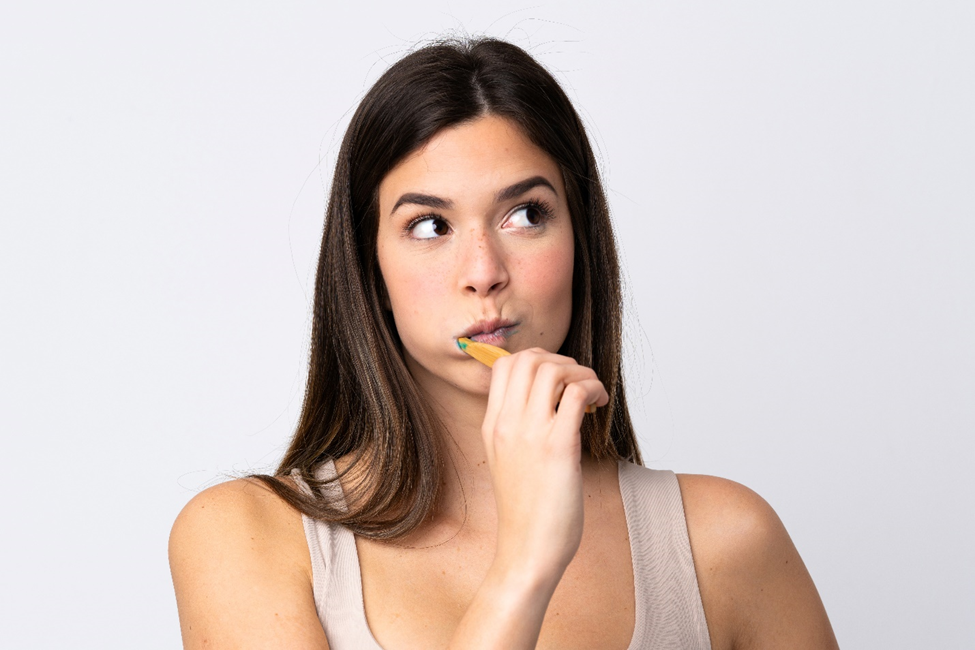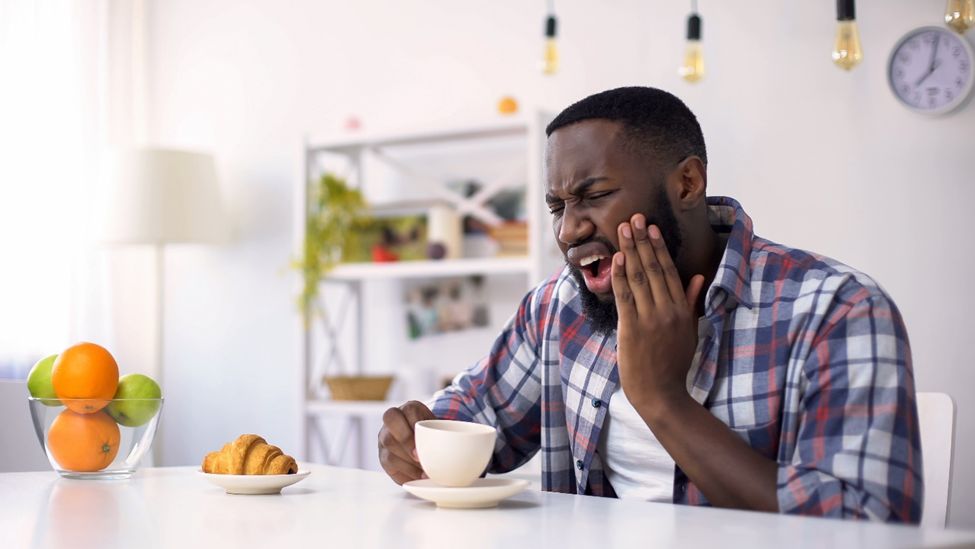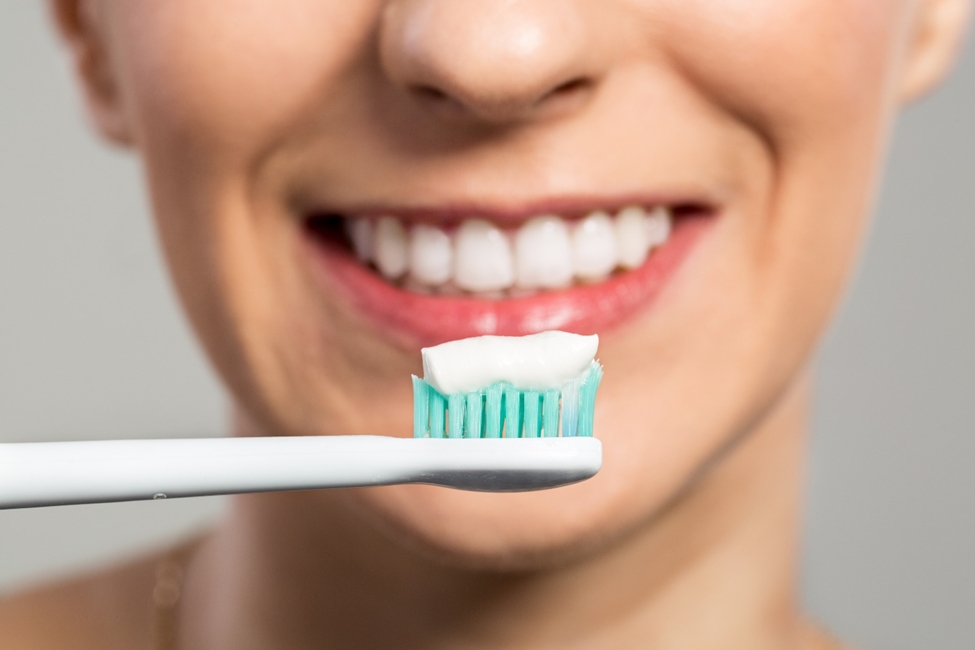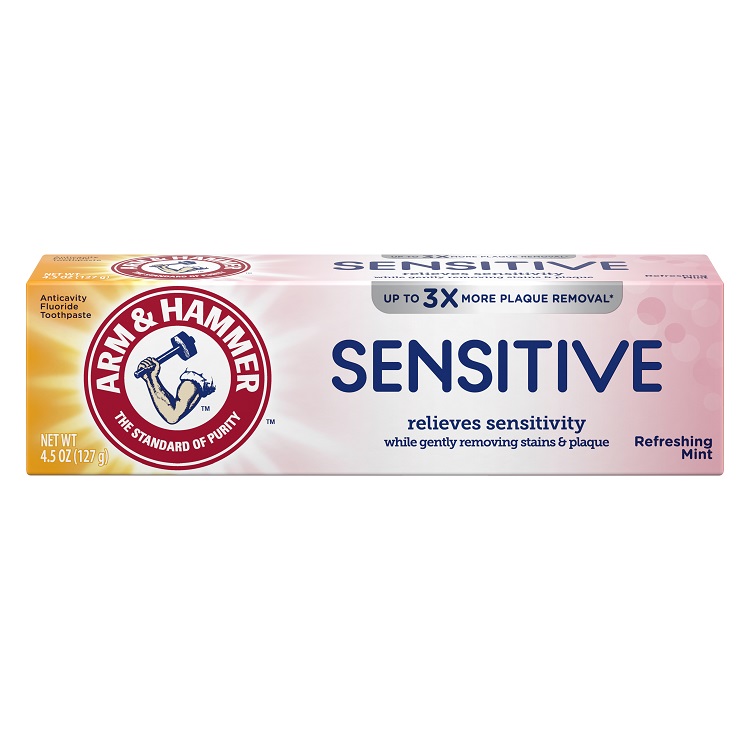Can You Brush Your Teeth Too Much or Too Hard?

Brushing your teeth consistently is an important part of personal hygiene. However, you don’t want to brush too often, or too vigorously. Learn about the consequences of over brushing your teeth, as well as how often you should brush your teeth for optimal oral health.
4 Ways You Can Over Brush Your Teeth
Generally speaking, people think of overbrushing with respect to how many times a day they should brush their teeth. However, that’s just one aspect of brushing your teeth too much. Here are 4 ways you can overbrush your teeth:
- Brushing too often: Although you want to brush your teeth on a daily basis, brushing more than the recommended two times per day can contribute to enamel erosion.
- Brushing too hard: vigorous brushing, especially with a toothbrush that has rough bristles, can damage your teeth and gums.
- Brushing too long: Though most people actually brush too short, brushing for too long can prematurely wear down tooth enamel. You should brush your teeth for around two minutes every time.
- Using an abrasive toothpaste: Yes, the type of toothpaste you choose matters. Abrasive toothpastes can put you at risk of receding gums and premature enamel erosion. Next time you’re looking to buy toothpaste, check the rankings on the Relative Dentin Abrasivity (RDA) Scale. A higher score is more abrasive, while lower is less abrasive.
Is it Bad to Brush Your Teeth Too Much?
Brushing your teeth more than the recommended two times per day can cause early tooth enamel erosion or the loss of tooth structure. Brushing too frequently, or too hard, wears away at your tooth enamel, which in turn can expose the underlying dentin layer, leading to sensitivity, pain or discomfort when brushing or eating.
What Happens When Your Teeth Become Sensitive?
Tooth sensitivity often occurs as a result of exposed dentin, which is the inner, softer portion of the tooth that contains tubules leading to your dental nerves. Exposed dentin often happens due to worn tooth enamel, as well as:
- Tooth decay.
- Worn cavity fillings
- Gum disease
- Receding gumlines
- Yellowing teeth
Eating and drinking sugary items can aggravate sensitive teeth, as can acidic and citrus foods in addition to hot and cold drinks.
How Many Times a Day Should You Brush Your Teeth?
You should brush your teeth twice a day, using just a pea-sized amount of toothpaste every time you clean the chompers. People with braces should pay particular attention to removing stuck food particles and other debris.
If you feel a constant urge to clean your teeth, try alternatives to brushing such as mouthwash or a piece of sugar-free gum.
When Should You Brush Your Teeth?

Most people brush their teeth before bed, but there are no hard and fast rules about what time(s) of day you should brush your teeth. That’s partially because brushing times in the morning may differ, though some research suggests it may be best to brush before you eat breakfast.
However, you should avoid brushing immediately after eating. Doing so might cover your teeth with the remnants of acidic food, which can weaken enamel. Thus, waiting 30 minutes to an hour after eating to brush could prove wiser. Your teeth may thank you for it in the long haul!
How Do You Know if You Are Over Brushing Your Teeth?
There are several indicators that might point to overbrushing your teeth. These include:
- Scattered toothbrush bristles: If the toothbrush bristles look sort of tattered and lack any sort of structure, then you’ve likely brushed too hard. You may want to try a soft-bristled, electric toothbrush such as Spinbrush™ PRO+ Deep Clean, which removes 100 percent more plaque vs. a manual toothbrush.
- Tooth sensitivity: Does it hurt or feel piercing just to eat ice cream or drink tea? If your sensations seem heightened during eating or drinking, you’re likely over brushing.
- Bleeding gums: Your gums can bleed if you have excessive plaque buildup, which is why it’s important to floss regularly and maintain strong gum health. However, if they look swollen or red immediately after brushing, then ease it up a little with the toothbrush.
- Yellowing: Not to be confused with staining, yellowing can occur when your enamel wears down over time. Some foods and drinks contribute to yellowing, as does tobacco usage. However, it can also be a sign of poor dental hygiene and overbrushing. So, if your teeth begin to yellow, make sure you’re using proper brushing technique, twice a day with the recommended amount of toothpaste.
Should You Brush Your Gums?
You should brush your gums daily, as it’s an important part of cleaning bacteria and ensuring long-term gum health. To ensure you’re doing so properly, brush gently along the gumlines and use a circular motion.
Just as over brushing can wear down your tooth enamel, brushing your gums too hard can damage the gums. Thus, it’s imperative that you use the proper technique and consider a soft-bristled toothbrush.
What Can You Do to Stop Your Kids from Overbrushing their Teeth?
If you’re worried that your feisty 5-year-old is playing too hard and fast when brushing their teeth, then you’ll want to instruct your child on proper brushing technique. This includes:
- Holding the toothbrush horizontally with the bristles at about a 45-degree angle pointed upward (or downward) at the gums.
- Brushing each tooth individually, using short back-and-forth strokes.
- Brushing the outside, inside, and chewing surface of each tooth. When brushing the inside of teeth, hold the toothbrush vertically and move up-and-down.
Aside from teaching your kid(s) the proper technique, it’s not a bad idea to monitor your child’s brushing habits by checking their toothbrush for signs of overbrushing. Also consider brushing together in the morning and before bed. You’d also be wise to supply them with a less abrasive toothpaste—such as ARM & HAMMER Kids Healthy Teeth Toothpaste,.
Can the Toothpaste You Use Contribute to Overbrushing Teeth?

Using an abrasive toothpaste can lead to weakened enamel, while using a non-abrasive toothpaste with a lower RDA and baking soda helps protect enamel and helps guard against sensitivity and yellowing.
ARM & HAMMER™ toothpastes help prevent enamel erosion while simultaneously working to remove plaque and stains gently for whiter teeth. The lower abrasivity of toothpastes with baking soda make it a superstar in helping protect enamel and gums!
ARM & HAMMER™ Helps Protect Enamel for Happier Smiles
Even if you’re trying to avoid brushing too much, it can still happen. You might be in a hurry or damage your enamel by unknowingly brushing with an abrasive toothpaste or you may have been taught that quickly and authoritatively brushing your teeth is the way to go (it isn’t). Perhaps you brushed immediately after breakfast instead of before. You can change those habits and take better care of your oral hygiene going forward!
When you use ARM & HAMMER™ toothpastes with baking soda, you can help improve gum health and look after your enamel, even if you’re only just now realizing that you can brush your teeth too much!
Help Your Enamel Stay Strong with ARM & HAMMER™ Toothpastes
- ARM & HAMMER™ Complete Care Toothpaste is an all-in-one whole mouth protection toothpaste that helps strengthen enamel while fighting cavities, gently whitening teeth and controlling tartar.
- ARM & HAMMER™ Enamel Defense Toothpaste is the ONLY toothpaste with 3X enamel protection: strengthens enamel with fluoride, neutralizes enamel-eroding acids with 100% pure baking soda, and repairs the enamel surface with Liquid Calcium™ Technology by filling tiny crevices in the tooth and restoring tooth- strengthening minerals.
- ARM & HAMMER™ Essentials Whiten & Strengthen Toothpaste is proven to deliver a 2 SHADES WHITER SMILE and 2X STRONGER ENAMEL* with essential ingredients for a healthy, beautiful smile. (*Data on file)
More Resources to Help Boost Your Oral Hygiene

